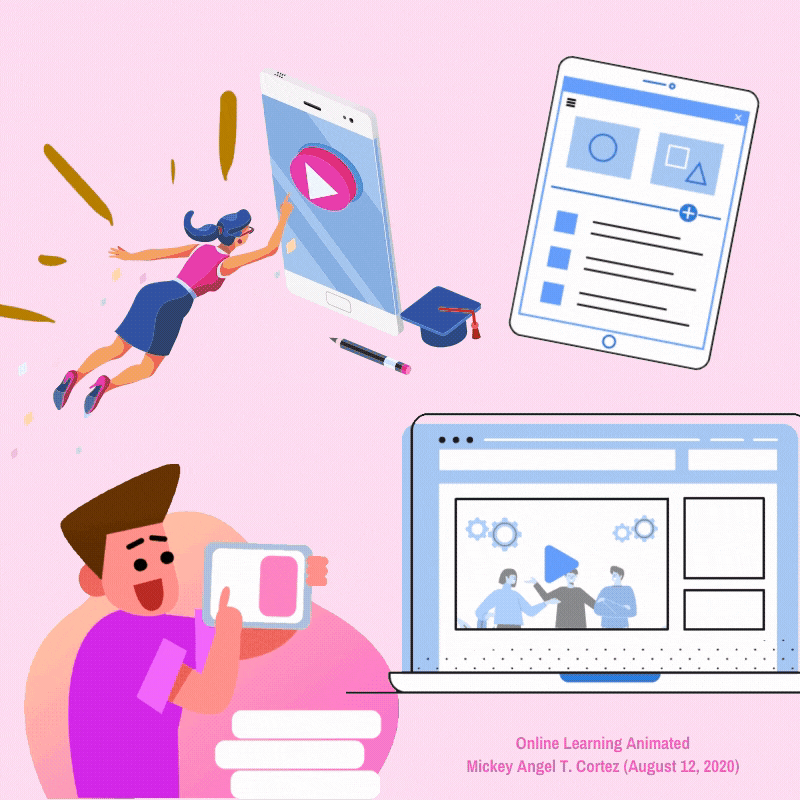
conclusion
Author: Mickey Angel T. Cortez,
Cyber Learning Guru Contributor.
Date: August 12, 2020
Module 7:
For the last module of this course, we will have an overview of the concepts tackled so far, and you will be given a chance to assess your knowledge by taking the final quiz. Hover on each box below to know more!

introduction
In Module 1, you’ve been acquainted with online learning - what it is, its difference from traditional learning, and how you can learn more about it by checking out all of the other modules in the site.
Module 1
study skills
As you went through Module 2: Study Skills, you have found some fundamental strategies that can maximize your chances of getting the most from college and increase your academic success. Ranging from different learning styles expounded by Howard Gardner’s multiple intelligence theory, to studying independently up until the two categories of studying in groups - cooperative and collaborative learning. This website was prepared to assist you on your way down the college path of ups and downs. Whatever kind of experience you may be having at this moment, remember to relax, breathe and keep your focus.
Module 2
finding and sharing information online
Module 3 tackled information literacy; first, its definition and its significance in online learning. From the module, you have learned the characteristics of high-quality information and being able to prioritize such a type of information out of the overwhelming quantity of information available in cyberspace. Being a critical thinker is particularly advantageous to the sharpening of information literacy. In connection, being critical is being skeptical. You should not be taking information at a face value and instead assess its credibility, authenticity, and accuracy by asking the right questions which analyze the information’s content and context, such as who the author is or from which type of an online space it was derived.
In addition, you have been enlightened of the proper usage of Wikipedia towards your academic endeavor. Furthermore, some red flags and information disorders were mentioned in order for you to sagaciously discern which types of information should you avoid. In contrast, the recommended sources of information were suggested, and the latter discussed OERs. Some points in proper sharing and usage of educational works online have also been raised, including the principle of Creative Commons.
Module 3
organization
The 4th module entitled "Organization" discusses methods and tackles approaches to improve the online learning experience. The module highlights several ways in assisting a student to get organized for E-Learning, presents techniques on how to organize files digitally, identifies the most useful application in managing digital files, and explores the benefits of having an Educational Email. It is composed of four exercises that are based on the topics discussed to help learners stay on track. The 4th module is designed to assist learners to cope up with online learning through the mastery of organizing and managing oneself.
Module 4
time management
Module 5 tackled tips on how you can manage your time wisely and balance your academics with leisure time. You found applications that will help you in managing your tasks and time. It discussed how and why you should take care of yourself while accomplishing your tasks. There were also recommended ways to beat procrastination, even if you are surrounded by distractions. This module reminds you to make the most out of your time, but also, maintain your balance.
